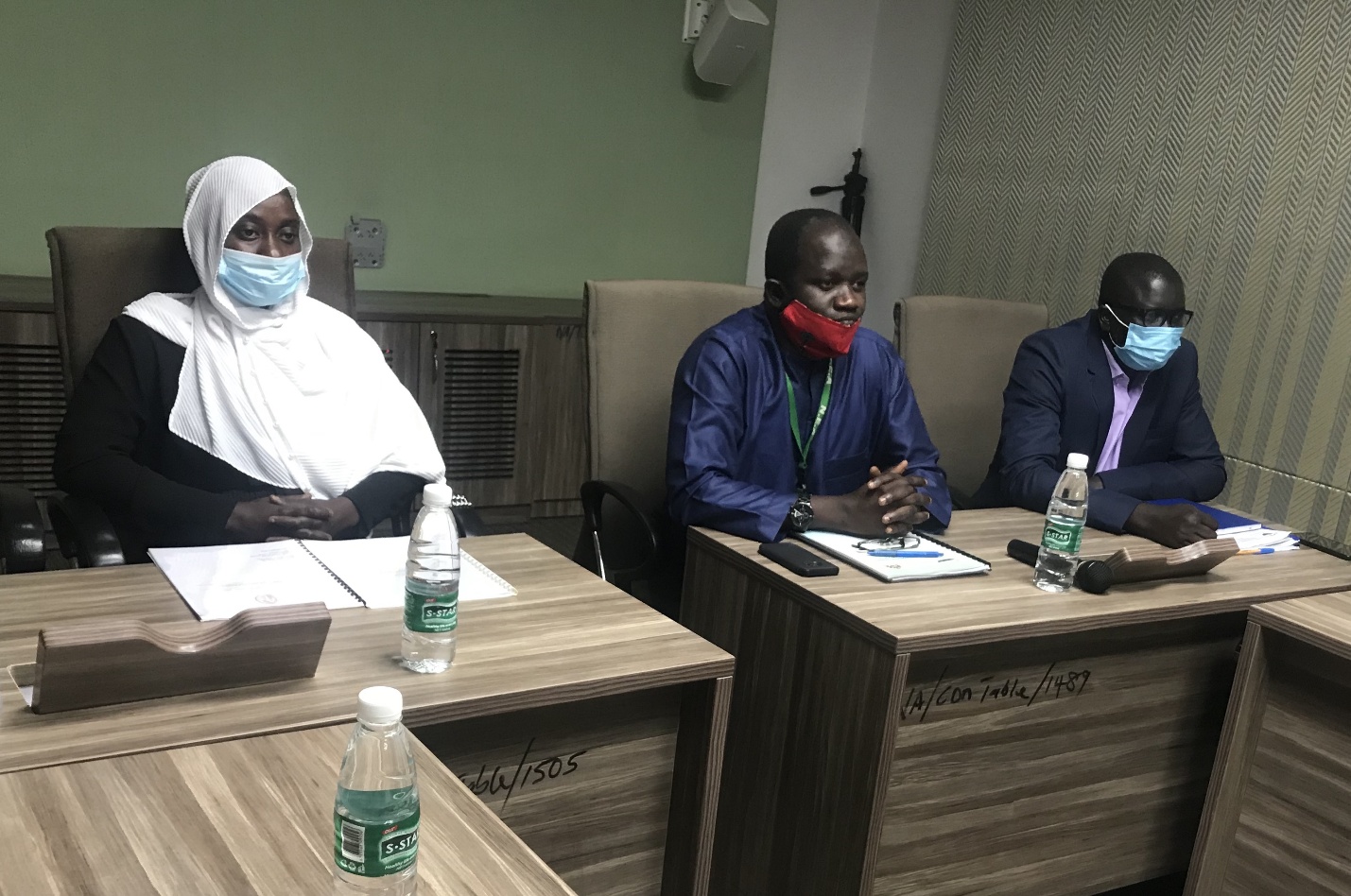By Sulayman Waan
The minister of Transport, Works and Infrastructure has said that an average of one hundred and fifteen (115) people die annually as a result of road traffic accidents in The Gambia.
Minister Bai -Lamin Jobe was speaking in a validation workshop of the National Road Safety Strategy; held at a local in Kololi on Thursday, adding “Police accident statistics data has indicated that, on average of 775 road traffic accidents or crashes occur annually, and about 62 of these incidents are fatal.”
He added: “About 169 people sustain serious injuries requiring hospitalization each year as a result of road traffic accidents whilst road traffic accidents are now common occurrences in the country.”
2018 has registered an alarming increase in the number of fatal accidents, “he recalled.
The Transport and Works minister noted that on the 1st January to 1st September 2018, a total of 71 fatal accidents were reported across the country and added that about 47% of the incidents occurred in the West Coast Region alone.
However, he said police reports have indicated that several key risk factors for most of the road accidents are due to poor road conditions, human error, and poor vehicle conditions.
“The Global Burden of Disease Study estimates that in 2016 road traffic injury is the 7th the highest cause of death for Gambians aged 5-49, and the 12th the highest cause of disability for the whole population,” he said.
Mr Jobe said the socio-economic cost of road trauma in 2013 for The Gambia has been estimated at over D2 Billion, and is likely to have increased significantly since then.
He stated that in developed countries the deaths and injuries as a result of road accident is slowly decreasing while increasing rapidly in developing countries.
Speaking further, Jobe said in high-income countries, most victims and survivors are vehicle occupants, whereas in low-income and middle-income like The Gambia, victims are mostly, pedestrians and other vulnerable road users.
“It is disheartening to learn that most of these deaths, injuries, and economic losses can be prevented, but could not be prevented in developing countries like ours (The Gambi). In some low-income countries, an established set of interventions have contributed to significant reductions in the incidence and impact of road traffic injuries,” he said.
However, he reaffirmed his ministry commitment to work significantly to reducing road incidents and injuries across the country.





